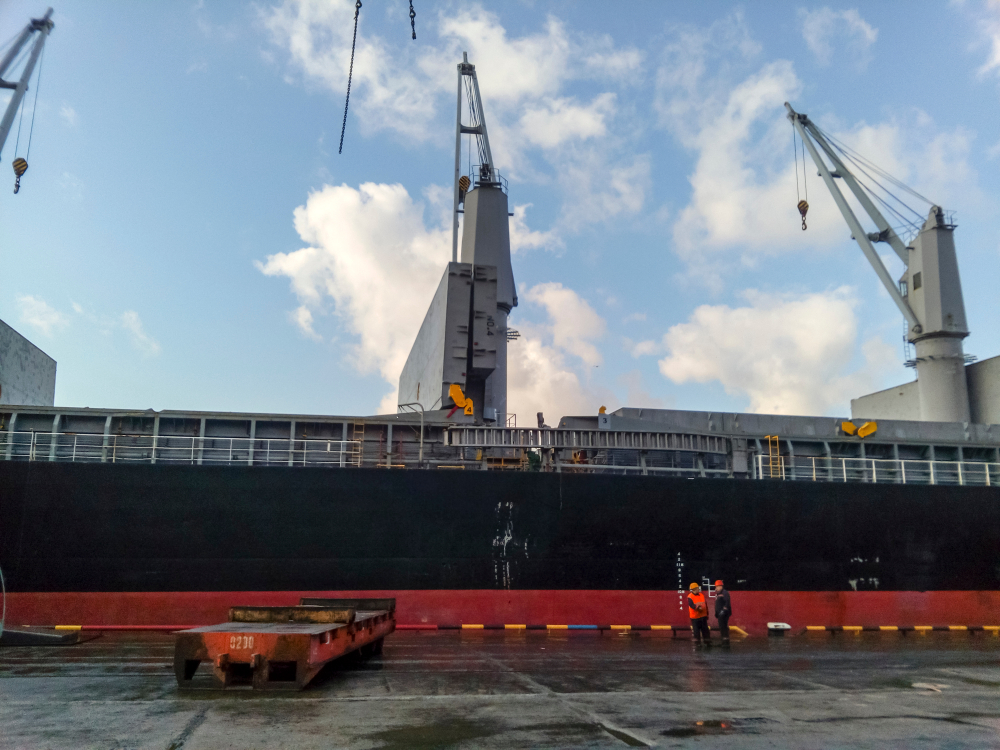
Russia will look to cut its ambitious goals for boosting coal production in the coming decade and consider imposing a carbon tax or other regulation in the wake of the deals reached by major powers at the COP26 summit in Glasgow, according to two officials familiar with the plans.
But Russia won’t join the global agreement to reduce methane emissions, the people said, speaking on condition of anonymity to discuss matters that aren’t public. The country is a major producer of natural gas, a source of methane leaks.
The moves under consideration on coal and carbon — if approved — could amount to a major shift in climate policy in one of the world’s largest hydrocarbon producers. Discussions are at a very early stage and it’s not yet clear how much political will there is for aggressive steps.
Officials in Moscow were surprised by the deal announced in Glasgow between the U.S. and China that would reduce coal consumption in the latter country, a market that the Kremlin had been counting on for its growth plans, the people said.
The government plans to start discussions with businesses on the outlines of carbon regulations, possibly including a tax, the people said. The idea has so far gotten little support in Russia, the world’s fourth-largest emitter of carbon dioxide.
President Vladimir Putin stayed home from the Glasgow summit, citing Covid-19 risks, but has stepped up efforts to address climate change this year, ordering the government to draw up a strategy and signing a law that created a framework for green projects and carbon trading. He also set 2060 as the deadline for reaching net-zero carbon emissions.
Putin’s comments earlier in the year on the importance of reducing methane emissions had raised hopes that Russia might sign the pledge on that. “Solving the methane problem would be a real chance for Russia to reduce emissions over the next decade,” said Alexei Yablokov, a climate specialist at Greenpeace Russia.
But signing the methane pledge would have created obligations for the country, said Georgy Safronov of the Higher School of Economics in Moscow. “Russia doesn’t want to expose all the secrets on methane,” he said.
The U.S.-China agreement was the biggest surprise for Russia, which had been planning to boost coal production to meet growing Chinese demand. But the deal reached in Glasgow would mean consumption there could begin to decline after 2025, well before Russia had expected it to, dealing a potentially major blow to the industry, the officials said. How much of an overhaul the country’s coal strategy might get as a result remains unclear, they said.
Russia is the third-largest coal exporter globally after Australia and Indonesia. Its current strategy calls for ramping up output to a bit less than 700 million tons per year in 2035 compared with just about 400 million tons in 2020. Russia is spending more than $10 billion on railroad upgrades that will help boost exports of coal to meet the demand in Asia.
“Even if China accelerates the reduction of coal use, this process will be slow, so Russian miners will have a lot of time to adjust output,” said Kirill Chuyko, chief of research in BCS Global Markets.
Related Article: 14 million tonnes a day show why China and India won’t quit coal
Possible carbon regulations could take several forms, including a tax or some kind of border mechanism like the one the European Union introduced, these people said. First Deputy Prime Minister Andrey Belousov will lead the discussions, which are expected to last at least a year, they said. His press office didn’t immediately respond to a request for comment.
Publicly, Belousov Tuesday was showing no sign of a shift in position, telling an industry conference, “Demand for hydrocarbons, including for hard fuel for Southeast Asia and China, will remain for years, if not decades,” Tass reported.
(By Evgenia Pismennaya and Yuliya Fedorinova)
Comments